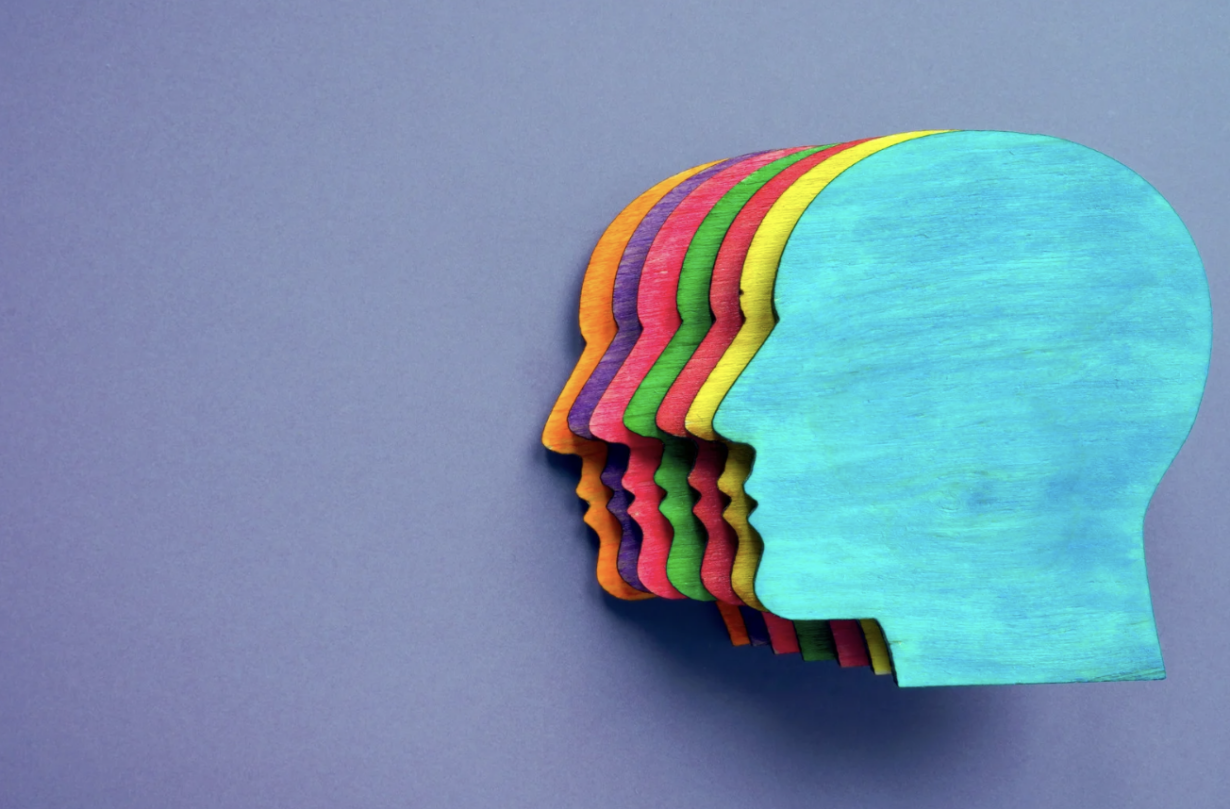Fostering inclusive learning in the workplace is essential for enhancing employee development and driving organisational success in modern workplaces. Imagine building a bridge – you wouldn’t use the same materials for every section; instead, you tailor the design to suit the structure’s needs. The same logic applies to learning – people process information differently, and accommodating those differences is vital for success.
One key aspect of inclusivity is understanding and supporting neurodiverse individuals. Neurodiversity refers to the natural variation in how people think, process information, and learn. This includes individuals with autism, ADHD, dyslexia, and other cognitive differences.
By designing innovative training programmes that support neurodiverse employees, organisations can unlock hidden potential, boost engagement, and foster innovation. Identifying employee training needs through a thorough training needs analysis can further improve the effectiveness of these programmes. Here are key strategies to create learning experiences that cater to different learning styles:
- Embrace Multi-Modal Learning Formats
Just as a car company offers different vehicle models to suit drivers’ needs, training programmes should provide multiple content formats to accommodate diverse learning styles. Consider blending:
- Visual aids like infographics, diagrams, and videos for visual learners
- Audio content such as podcasts and narrated presentations for auditory learners
- Hands-on activities for kinesthetic learners who excel through experience
- Text-based resources for those who prefer written instructions
Example: A technology company improved retention rates by introducing bite-sized video tutorials for visual learners and interactive coding exercises for hands-on learners. This inspired learning approach helped employees find development opportunities that matched their unique learning styles, boosting engagement and completion rates by 20%.
- Provide Flexible Learning Paths
Imagine a marathon runner and a sprinter training for a race – their approaches will be vastly different. Similarly, neurodiverse individuals may require varied pacing and content delivery. Offering flexible learning options allows employees to choose what works best for them. Self-paced e-learning modules, recorded sessions, and adaptable timelines empower learners to manage their own progress.
Success Story: An international retail chain adopted a flexible onboarding programme, combining short, self-paced learning modules with mentor check-ins. This approach reduced anxiety for employees with ADHD and improved overall completion rates by 30%, addressing both learning needs assessment insights and employee development goals.
- Incorporate Clear Structure and Visual Cues
Neurodiverse individuals often thrive in environments with clear expectations and structure. Think of this like following GPS – clear, step-by-step guidance makes the journey easier.
We can improve focus and reduce anxiety by using:
- Clear headings and bullet points
- Visual timelines and progress indicators
- Defined learning objectives and summaries
Industry Insight: A global healthcare company implemented Asana, a popular project management tool designed to help teams visually organise and track tasks. Employees reported a 25% improvement in their ability to stay organised, enhancing growth training for both neurodiverse and neurotypical learners alike.
- Support Focus and Minimise Distractions
For learners who are easily distracted, creating an optimal learning environment is crucial. Imagine trying to read a book in a busy coffee shop – for some, this is energising; for others, it’s impossible.
To reduce distractions:
- Create quiet learning spaces or noise-free digital environments
- Break content into short, digestible chunks (microlearning)
- Offer focus aids such as templates, note-taking guides, or highlight key concepts in materials
Example: A financial services firm introduced “focus pods” – designated distraction-free zones – and saw improved completion rates for training among neurodiverse employees. These focus aids became key features of their coaching development initiatives, resulting in a 15% increase in employee performance scores.
- Foster Psychological Safety and Inclusivity
Creating a safe learning environment is key to encouraging neurodiverse employees to thrive. Consider a brainstorming session – some employees may naturally dominate the conversation, while others may need reassurance that their contributions are valued.
Encourage open communication, celebrate diverse thinking, and normalise different approaches to learning.
Success Story: A marketing agency formed a Neurodiversity Support Group where employees could share learning challenges and strategies. This initiative fostered a more inclusive learning culture and enhanced collaboration across teams. The agency also hosted regular training events tailored to diverse learning needs to ensure all employees had equal development opportunities.
- Offer Personalised Support
Providing tailored support can make a significant difference. Just as a personal trainer customises fitness plans, learning and development initiatives should be tailored to suit individual needs. Consider offering:
- Mentorship programmes
- Access to assistive technologies
- Flexible assessments that measure understanding in multiple formats
Industry Insight: A major software company implemented a personalised development platform that allowed employees to choose customised learning paths aligned with their cognitive strengths. This innovative training approach improved employee satisfaction rates by 40% and enhanced employee development across departments.
Final Thoughts
By embracing neurodiversity in your learning and development initiatives, you not only empower employees to reach their full potential but also create a stronger, more innovative workforce. Implementing these strategies can foster inclusivity, engagement, and growth in your organisation while ensuring employee development goals are met through carefully planned training programmes and targeted coaching development.
At DCo, we specialise in designing bespoke training programmes that meet the diverse needs of employees. Our expertise in working with individuals from varied backgrounds allows us to create learning experiences that inspire growth and unlock potential. If you’d like to discuss how we can support your organisation with tailored training solutions, please contact us – we’re here to help your people thrive.

